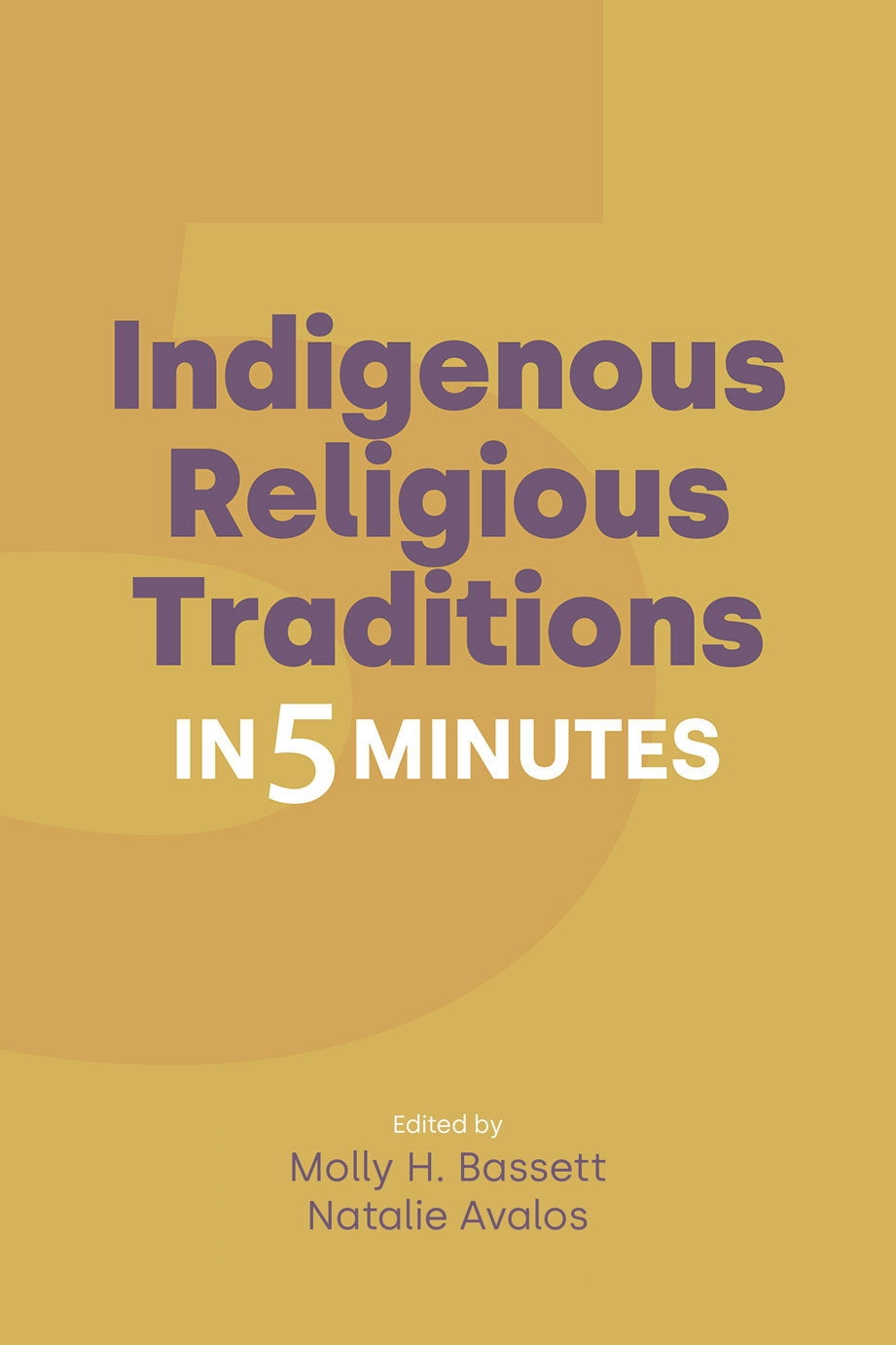24. Is Neo-Paganism an Indigenous religious tradition?
Indigenous Religious Traditions in Five Minutes - Molly Bassett
Abel R. Gomez [+]
University of Oklahoma
Abel R. Gomez is a Andrew W. Mellon Postdoctoral Fellow in the Native American Studies Department at University of Oklahoma. He holds a PhD from the Religion Department at Syracuse University. His research focus is on sacred sites, decolonization, and Indigenous survival among the Ohlone peoples of the San Francisco-Monterey region.
Description
While Indigenous and Neo-Pagan religions share important connections such as reverence for the natural world, they also have significant differences. Indigenous religions are often location-specific, tied to particular Indigenous peoples, shaped by colonial contact, and rooted in communal obligations to human and non-human relatives. Neo-Pagan religions, and Wicca specifically, draws from multiple cultural sources and in the Americas is practiced on lands that have been dispossessed from Indigenous peoples. Indigenous and Neo-Pagan religious practitioners sometimes engage in cultural exchanges at local and international levels, but they remain distinct.






